There are probably only two general desires we share when imagining a dream house - we all want the nicest one possible for the least amount of money. And we want both of those things right away, rather than waiting a lifetime to see the 'payback' for noble design choices we might have made to save polar bears, bees, pollution, energy, or baby seals for that matter.
The good news is, there's a 'too good to be true' fact that a lot of people have a hard time believing - the payback does not have to be after you've willed your house to your kids, it can be right away.
Yes, a better-insulated house costs more to build, but that's only half the equation. It also costs less to run, and added building costs can be instantly offset by savings in heating bills. So there is actually more money in your jeans at the end of every month, starting immediately, and tons waiting for you at the end of your mortgage.
Our engineer, Denis Boyer, did a true cost comparison between homes built to meet code, and ones that perform several times better, and better is often cheaper. A bit cheaper in the short term, much cheaper in the long run.
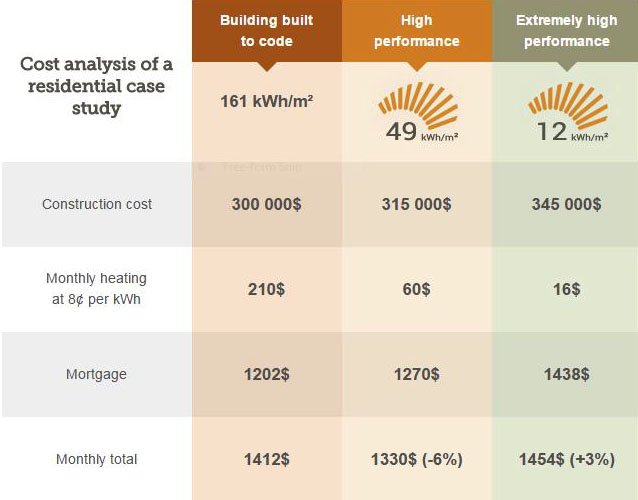 |
|
Source: A 2013 Ecohome feasibility study and implementation plan for green home building in Quebec. The price of heating costs assumes baseboards and includes taxes. The cost of borrowing is assumed to be a mortgage at a rate of 3.94% for a down payment of $70,000 and a 25 year amortization. A lower interest rate or higher energy costs will have the effect of improving the economic advantage of a better-insulated home, higher mortgage rates will have the opposite effect. Worthy of note: A well-insulated passively heated house will require less frequent injections of heat, making it possible to limit heating to off-peak hours with lower rates. |
So what's not to love? Why build a less comfortable, less durable and less efficient house if it's actually going to cost you more? Purely speculation on my part, but I think we assume that if it made THAT much sense then it would be the norm throughout the industry.
Well, it does make that much sense - just not for large scale developers as they would have to eat the added cost of additional insulation and the homeowner would get the savings.
I'm not trying to rip on developers, that's just the reality of the business. We shop for houses largely based on the number of bedrooms, bathrooms and square footage; not many prospective buyers ask existing homeowners to cough up their utility bills, or developers to cough up energy modeling figures. If they did, then we would all see the merit of buying better performing houses.
And here's the really crazy part - building better houses means more money injected into the local economy through added labour and materials, and lower monthly overhead for occupants. And since buildings account for about half our carbon emissions, it would also be a painless way to help meet emission reduction targets. That's a win, win, win hat trick.
Despite the fact that better-insulated houses would mean more money for builders and owners, our shopping habits force them to build to bare minimum performance requirements to remain competitive, so we remain in a holding pattern where everyone the large energy producers lose.
What will eventually bring change to the industry is when there is greater consideration of operational costs by home shoppers, and owner-builders raising the bar by putting better homes out in the public eye so more people can see the windfall that awaits us all.








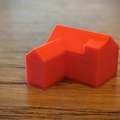
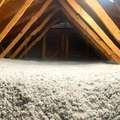







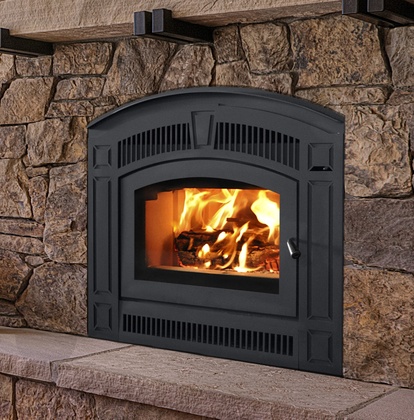
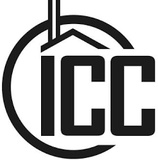



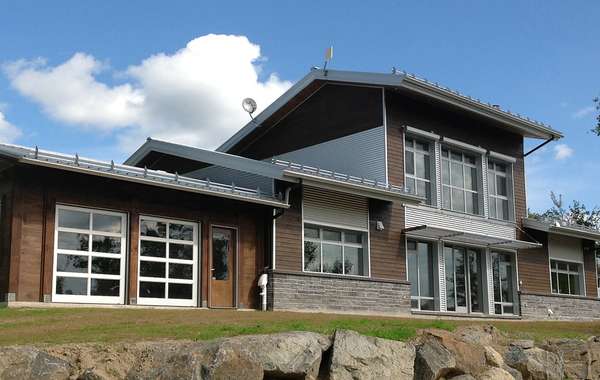
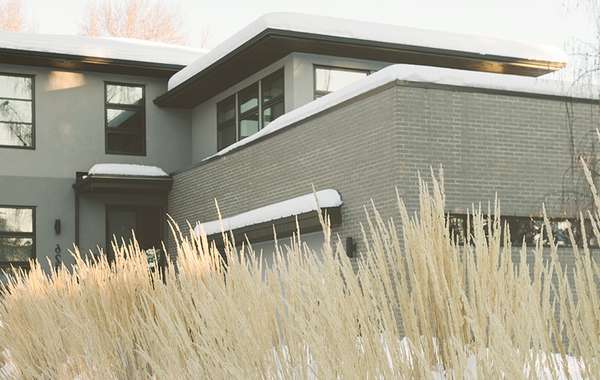
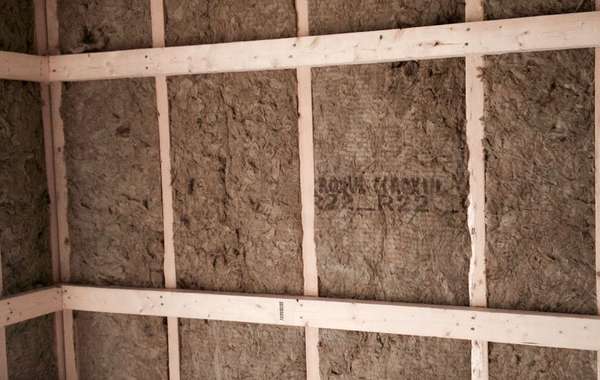
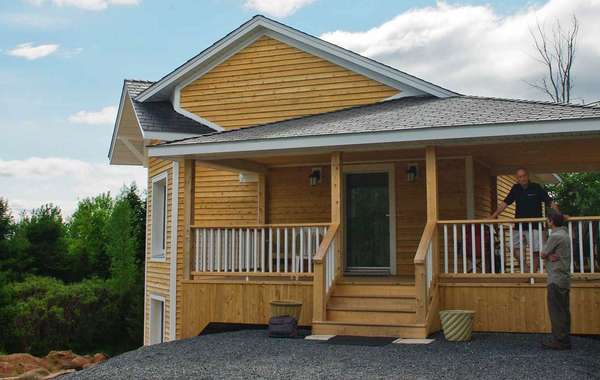
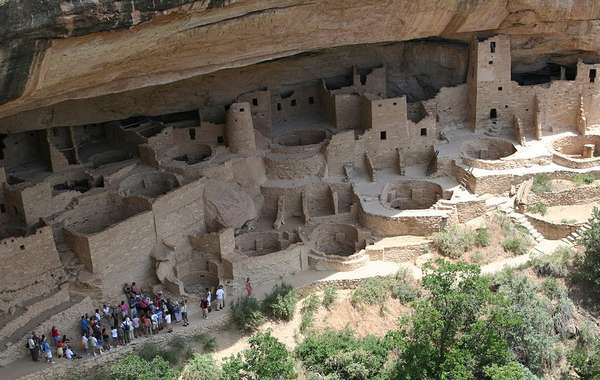


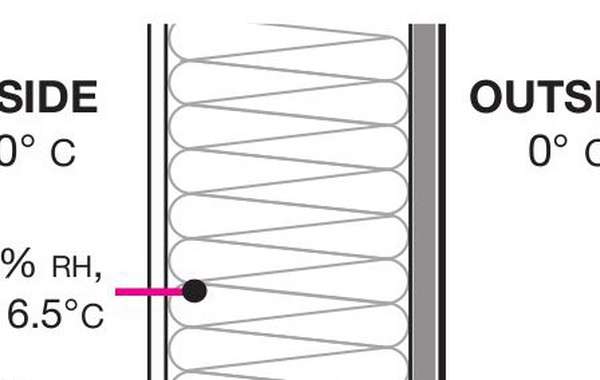
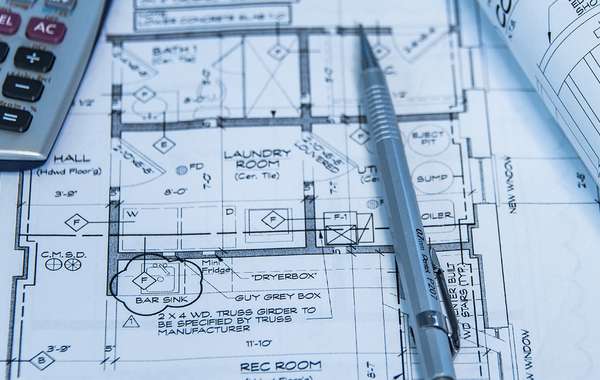
I love this site but I have to disagree with this particular article. I think maybe the projections have been drawn up unrealistically or use a flawed equation.
I am an Ontario home builder and recently had planned on building a Passive House certified townhouse development. The idea was to market the homes in a similar way, showing savings as being equal to a significant portion of the mortgage. After sitting down with the designer and putting a plan together that would qualify, a build cost differential was calculated. The building characteristics were amazing on paper: Extremely high R values, extremely low U values, and incredibly efficient natural gas heating. The figures were then input into several different heat loss and energy cost calculators... the results were staggering. Every calculation returned a 100+ year ROI on roughly $20,000 extra build cost. Now, gas is a lot cheaper than electric heating but we soon discovered that the real reason for the poor numbers is in the way R-values work in a heat loss/gain equation. I am no engineer, so for lack of better way to put it: it's not a straight line. There were great savings from R-1 to R-20 but from there they dropped significantly. From R-35 to R-45, savings were only a few dollars a month. We've also witnessed this in practical terms: two similar homes built, one with R-35 spray foam walls yielding only minor savings over properly installed R-22 batt insulation. Needless to say, the Passive House idea was scrapped and IMO, is a waste of money (the certification alone added 30 years to the ROI). Instead we are implementing various energy recovery systems and solar power generation.
Apologies on the lengthy post.
Hi 459,
First of all, no apology needed for a lengthy post, we got ya beat there :)
We regularly perform modelling of homes to achieve the best performance and return on investment (ROI), and our conclusions are obviously very different that yours, so we find your conclusions equally suspicious. We would agree with you that aiming for Passive House Certification can be hard to justify in terms of a ROI, however, only building to meet the requirements of code makes even less sense from a financial point of view.
All of our studies show the best ROI lies somewhere between the two, but leaning towards PH rather than code. And you haven’t provided any details about your calculations, we would love to have a look if you’re able to share them, as currently we are left with many questions: What modelling programs did you use? Did you include high-performance windows? Were the insulation levels properly balanced through the building envelope? Did you factor thermal bridging in your heat load calculations? Beefing up your wall insulation but only installing low-quality windows, sub-standard basement or slab floor insulation, or not breaking thermal bridges, for example, would result in a less favourable return on investment.
I would also point out that the conclusions you arrived at in practical terms as you mention, were with one of the more expensive 'per R value' insulation products, spray foam. And to achieve R35 with spray foam likely meant just spraying the stud cavities of a standard 2x6 wall, so as mentioned above, this would mean that there is no thermal break in the wall assembly and every 16 inches you have a stud acting as a thermal bridge.
All those 1.5 inch studs in the wall will add up to many feet when sandwiched together, and since wood is about R1 per inch, that means a large portion of your wall that is around R6, not R35. So it is simply unrealistic to expect the heating bills of a wall like that to reflect an R35 wall. A seamless R35 wall would deliver a very different result, more on that here.
That aside, there are many benefits to better-insulated houses that go far beyond comparing heating bills to mortgage bills, for example:
1) Poorly insulated walls and low-quality windows will mean a less comfortable living environment, and in very cold weather, any piece of furniture near minimally-insulated walls and low-quality windows may be too cold to use comfortably, so there is a quality of life issue as well. And people naturally jack up the heat when they are feeling cold, so a house temperature of 20 Celcius may be sufficiently comfortable in a home with high R value walls and windows, but a code-quality house would need higher temperatures to achieve the same level of comfort due to the increased exchange of radiant heat between people and cold surfaces. See our page on thermal comfort for more details.
2) In the event of relatively short-term power outages, a well-insulated home (particularly one that includes thermal mass for heat storage) will stay livable much longer than a code house, which could mean the difference between staying in your home during a power failure and having to seek shelter elsewhere.
3) Colder walls, windows and thermal bridging through the wall assembly can lead to increased condensation, which can cause mold and rot. So, a well-insulated home is more durable, will last longer, and therefore has increased value.
4) Reduced heat loss means less heat will need to be injected into the home, so you will often be able to reduce the size and cost of heating equipment and infrastructure.
The above list are the benefits that aren’t calculable when seeking a return on investment time frame, but as for the finances, here is our modelling and practical experience:
We built a demonstration house with extremely high levels of insulation, and the added cost on the building mortgage was almost entirely offset by reduced heating costs, so in our experience the ROI was effectively immediate, not 100 years away. The aproximately 15k extra for insulation and labour brought the annual heating bill to below $200 in modelling, and 3 years worth of bills shows virtually the same consumption. That more than covers the added cost of higher levels of insulation.
So we stand by our conclusions, but thanks for weighing in, and please feel free to write back with more details about how you arrived at your figures. Posts like yours help keep the dialogue going, and that is what drives innovation and furthers our collective knowledge. Best regards.
Hi Mike, I'm wondering if you can state what the difference is between the high performance and extremely high performance houses in the residential cost analysis? Looking for wall system, insualation values, windows/doors etc., thanks.